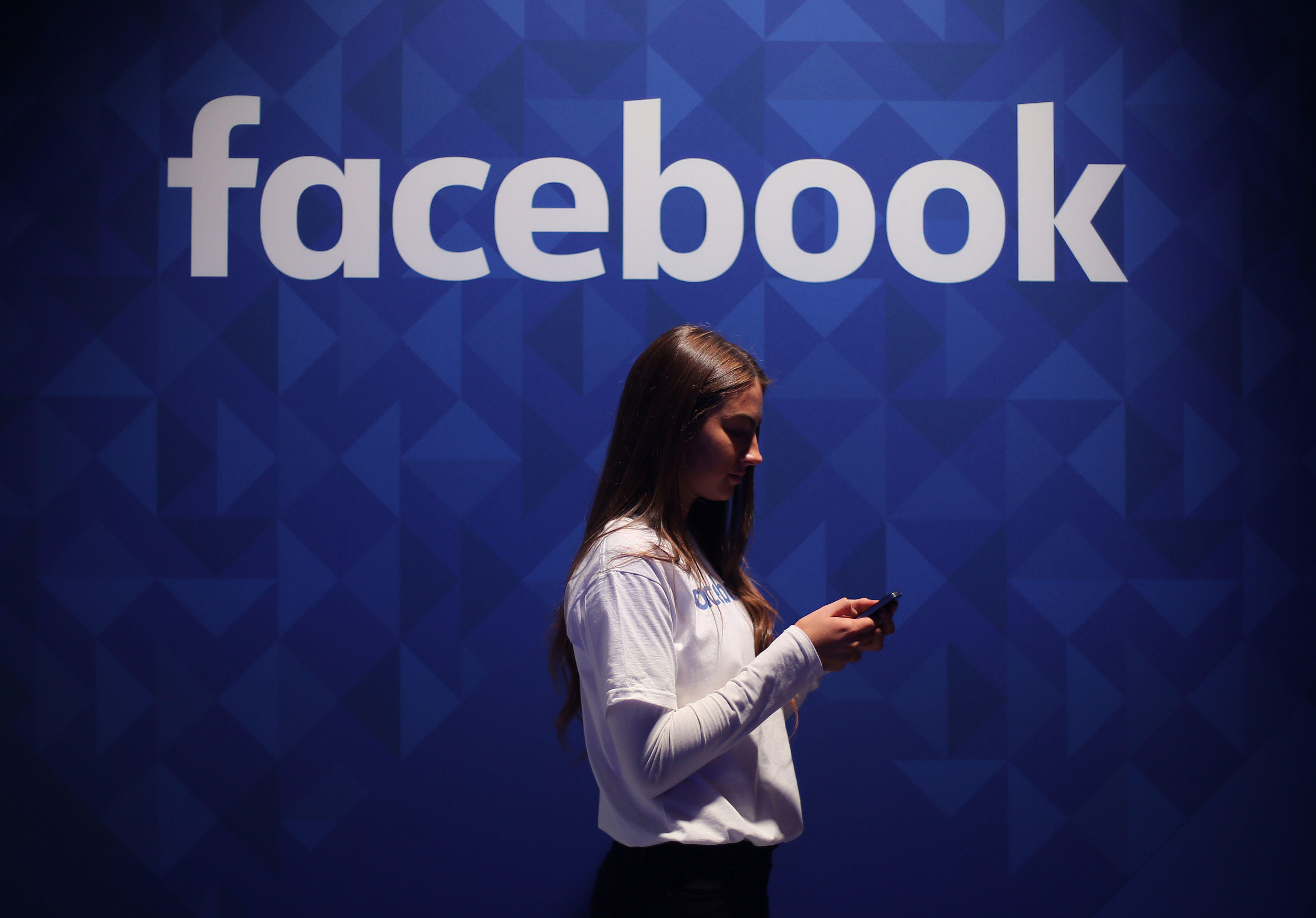Why Washington is turning on Silicon Valley
For years, the tech industry has enjoyed a hands-off approach in Washington, but "the tides are turning"

The smartest insight and analysis, from all perspectives, rounded up from around the web:
"Big tech is falling out of political favor," said Eric Newcomer at Bloomberg. For years, Silicon Valley giants such as Google, Facebook, and Amazon have enjoyed a hands-off approach in Washington. Lawmakers have praised them as engines of economic growth and innovation, and allowed them to operate largely unfettered. But amid growing concerns over the companies' size and influence, "the tides are turning," with Congress floating new proposals on transparency and privacy that could roil the industry. The criticisms are coming "from both the left and the right," said Nancy Scola at Politico. Democrats have condemned Facebook for spreading "fake news," while conservatives have accused Google of "silencing right-leaning viewpoints." The attention is even creating "strange bedfellows": Both Stephen Bannon, President Trump's former chief strategist, and Sen. Bernie Sanders have called for Google and Facebook to be regulated like public utilities. In a town where liberals and conservatives agree on very little, everyone seems to agree that "the tech industry's power over American life has grown too vast and unchecked."
"Tech is manifestly unready for this new era" of scrutiny, said Ben Smith at BuzzFeed. The companies' approach in Washington has been to "play small-ball politics," fighting specific regulations and coasting on their products' popularity. Google has done this particularly well, but its "long, quiet game of gentle Washington influence turned darkly thuggish" last month when a left-leaning think tank pushed out an anti-monopoly scholar after Google chairman Eric Schmidt complained about his work. Google has always been vulnerable to criticism that it's a monopoly — it controls more than 85 percent of the U.S. search market — but the episode suggested it prefers silencing critics to engaging them. Facebook, meanwhile, appears headed for a "bruising encounter" with lawmakers over the Russia investigations, said Josh Marshall at Talking Points Memo. The social network has become a key focus of special counsel Robert Mueller's probe, and recently revealed that fake accounts from Russia spent $100,000 on ads during the 2016 election. To the consternation of Congress, the company has been less than forthcoming about how Facebook vetted those ads. Lawmakers increasingly appear eager to send a message that the social network is "not God, not a government, not the law. It's just a website."
The Week
Escape your echo chamber. Get the facts behind the news, plus analysis from multiple perspectives.

Sign up for The Week's Free Newsletters
From our morning news briefing to a weekly Good News Newsletter, get the best of The Week delivered directly to your inbox.
From our morning news briefing to a weekly Good News Newsletter, get the best of The Week delivered directly to your inbox.
Except it's much more than that, said Franklin Foer at The Washington Post. Facebook and the other tech giants "have become the most powerful gatekeepers the world has ever known," filtering our news, powering our social interactions, and remaking our markets. Their currency is "a bottomless collection of data," which they exploit to deepen their dominance. And their ambitions are mind-bogglingly grand: "They want to wake us in the morning, have their AI software guide us through our days, and never quite leave our sides." Policymakers have long treated Silicon Valley "as a force beyond control"; we, too, as citizens, have enjoyed these companies' free products and next-day delivery "with only a nagging sense that we may be surrendering something important. Such blitheness can no longer be sustained."
A free daily email with the biggest news stories of the day – and the best features from TheWeek.com
-
 Ghislaine Maxwell: angling for a Trump pardon
Ghislaine Maxwell: angling for a Trump pardonTalking Point Convicted sex trafficker's testimony could shed new light on president's links to Jeffrey Epstein
-
 The last words and final moments of 40 presidents
The last words and final moments of 40 presidentsThe Explainer Some are eloquent quotes worthy of the holders of the highest office in the nation, and others... aren't
-
 The JFK files: the truth at last?
The JFK files: the truth at last?In The Spotlight More than 64,000 previously classified documents relating the 1963 assassination of John F. Kennedy have been released by the Trump administration
-
 'Seriously, not literally': how should the world take Donald Trump?
'Seriously, not literally': how should the world take Donald Trump?Today's big question White House rhetoric and reality look likely to become increasingly blurred
-
 Will Trump's 'madman' strategy pay off?
Will Trump's 'madman' strategy pay off?Today's Big Question Incoming US president likes to seem unpredictable but, this time round, world leaders could be wise to his playbook
-
 Democrats vs. Republicans: which party are the billionaires backing?
Democrats vs. Republicans: which party are the billionaires backing?The Explainer Younger tech titans join 'boys' club throwing money and support' behind President Trump, while older plutocrats quietly rebuke new administration
-
 US election: where things stand with one week to go
US election: where things stand with one week to goThe Explainer Harris' lead in the polls has been narrowing in Trump's favour, but her campaign remains 'cautiously optimistic'
-
 Is Trump okay?
Is Trump okay?Today's Big Question Former president's mental fitness and alleged cognitive decline firmly back in the spotlight after 'bizarre' town hall event


